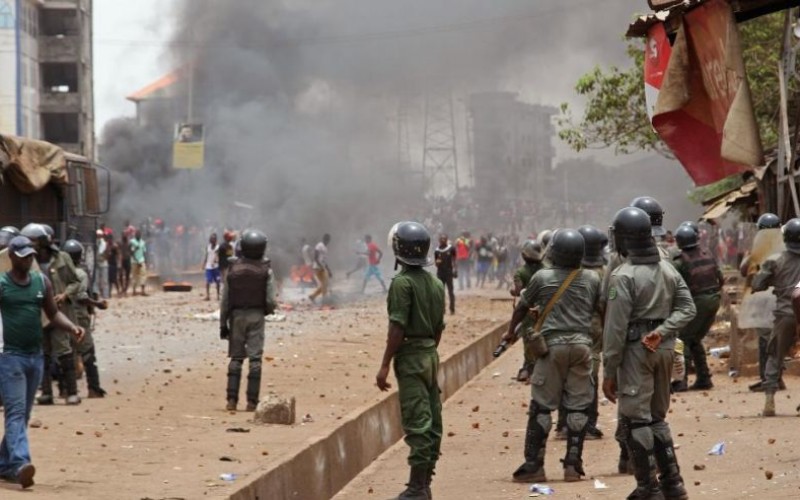The following are the key risks facing businesses in Africa in 2018:
Terrorism and militancy:
Business assets and personnel Africa will remain vulnerable to attacks by transnational or domestic militant groups. Failure to resolve the underlying political and socio-economic grievances at the root of these movements will see the threat persist in 2018.
Irregular regulators:
As countries in the region, notably commodity-dependent economies, face growing fiscal pressures, operators are likely to see regulatory bodies increasingly act as revenue-generating bodies, strengthening local content provisions, introducing stricter fiscal terms, reviewing contracts or erratically imposing fines in companies in the hope of boosting state finances. This will periodically give rise to commercial disputes, legal challenges, and the need for businesses to engage with government stakeholders.
Political instability:
Protracted political and socio-economic grievances will continue to fuel popular discontent and a desire for regime change in parts of the region. Cameroonian President Paul Biya’s re-election bid amid a continued crisis in the Anglophone regions will exacerbate tensions, while Togolese citizens will continue to protest for the end of the 50-year Gnassingbé dynasty. Protests will pose security threats to businesses, while regime changes would prompt major institutional changes and complicate engagements for operators.
New sectors, new risks:
From Senegal’s offshore potential to Nigeria’s embryonic mining sector, some countries in Africa will be making forays into previously-undeveloped sectors in 2018. Prospective investors need to monitor closely how government’s ability to oversee these sectors evolves and what the associated risks around these projects become.
On-going operational risks:
Many of the major risks and challenges businesses face in Africa are the on-going practical impediments to day-to-day operations. Shortages of or difficulties in sourcing fuel, foreign currency, equipment and skilled labour; the infrastructure deficits that persist in the vast majority of the region, such as in electricity and transport, will continue to mean higher costs, higher demands on management resources a tougher capital-raising environment, and greater uncertainty for businesses than in other regions.
Many countries in Africa face the prospect of what could become a sovereign debt crisis. The problem is driven by high levels of external debt, persistent uncertainty over the recovery of commodity prices to fund repayments, and borrowing to fund recurrent expenditure. Countries dependent on oil revenues are particularly vulnerable to ballooning debt in 2018.

